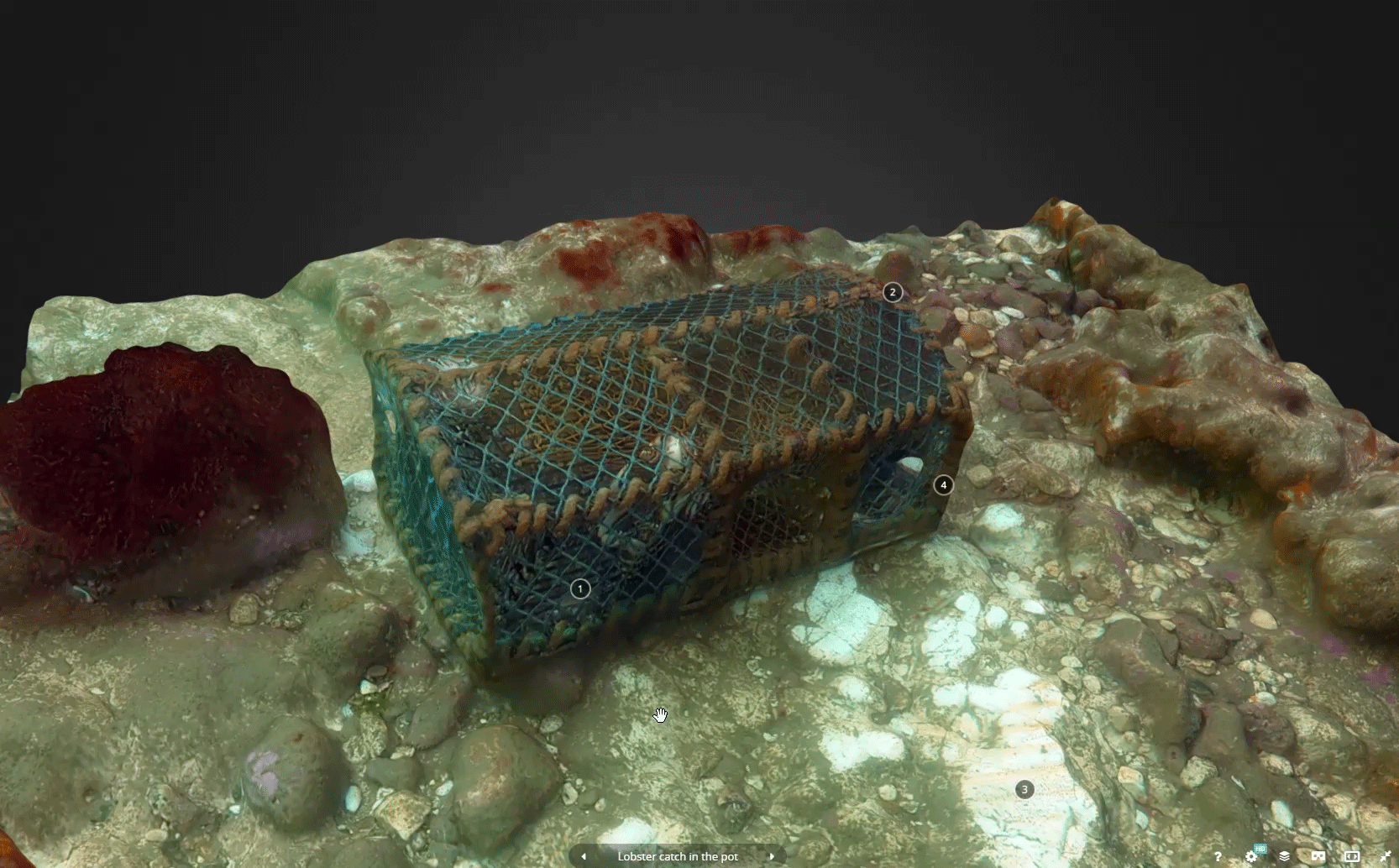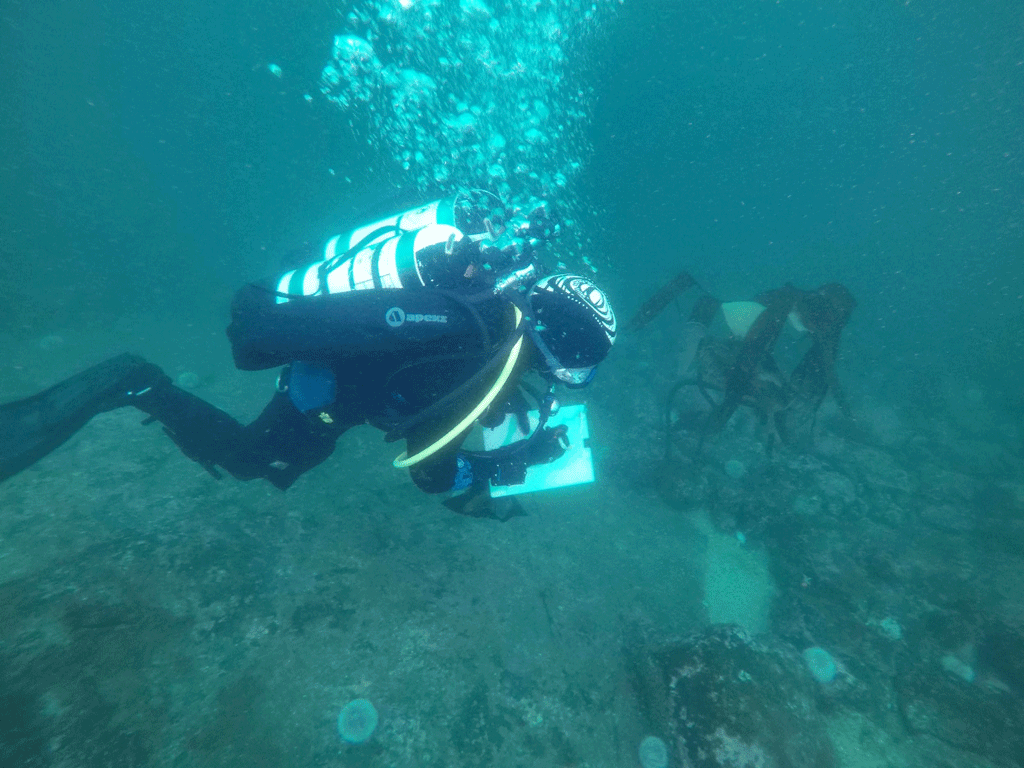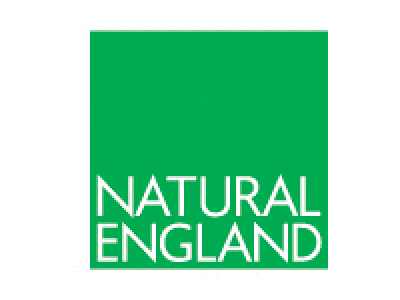Case Study
Assessing Impacts on chalk habitats of Marine and Fisheries Activity in Cromer Shoal Chalk Beds Marine Conservation Zone (MCZ) and helping to find solutions.
Contact name
Fiona Tibbitt
Institution name
Natural England
Region & country
Norfolk, England
Summary
Prior to designation of the MCZ, Natural England’s (NE) position on impacts of the main activity in the MCZ, which is potting for crustaceans, was small scale and low impact based on the best available evidence. However in late 2018, we were provided with anecdotal evidence to suggest otherwise, which meant further investigation into all marine impacts in the MCZ was necessary and undertaken in 2019 in partnership with others. The findings will be confirmed very shortly and our advice delivered to Eastern Inshore Fisheries and Conservation Authority (EIFCA) once the report is finalised (due mid-February 2020). There are still many evidence gaps and therefore NE are committed to a second phase of this work subject to funding to support partners and stakeholders.

3D model of a traditional parlour pot used to catch lobster and crab on chalk reef (Sheringham, Norfolk, July 2019)
Essex University

Dive survey at Cromer Shoal Chalk Beds Marine Conservation Zone
Natural England
Background of the project
The Cromer chalk beds MCZ is one of the most significant Marine Protected Areas, abutting the Norfolk Coast and protects one of the rarest habitats in Europe; subtidal chalk. It also supports a nationally significant crab and lobster industry worth £4million a year. NE was of the view this fishery was small scale and low impact prior to designation in 2016 based on best available evidence. However last year new evidence that potting was damaging the physical structure of the reef came to light and NE was obliged to investigate further or be precautionary in their advice.
NE recognised this was a very sensitive and contentious issue as the crab and lobster industry is fundamental to the culture, heritage and economy of the area. It was essential to work with partners and stakeholders to ensure an impartial evidence gathering process was instigated to verify the anecdotal evidence provided. NE recognised funds were required for this and gathered relevant partners and stakeholders onto a project board to decide what questions needed answering and how we were going to answer them. We needed more evidence on impacts of all marine activities in the MCZ.
Solution and actions taken
MCS- Agents of Change and EIFCA organised a workshop with fishers to gather evidence about fishing practices. NE completed a dive survey to collect data on chalk impacts using new 3 Dimensional Photogrammetric (3DPG) tools and techniques devised by Essex University in partnership with us and EIFCA. A report will confirm our findings shortly from the survey. Activity data was collected using direct observations from shore and National Coast Watch Institute (NCI) observations and figures. This evidence will inform our advice to EIFCA due soon but there are evidence gaps and a need for a phase 2.
The fishers workshop organised by MCS and EIFCA demonstrated reluctance to share information and work with us but it was important fishers had the opportunity. NE received £15K funding for the dive survey with Essex University and new methodologies using 3DPG in UK waters for habitat modelling and rapid monitoring for assessing habitat impacts and complexity were tested. Logistical issues meant less data was gathered but proof of concept for a phase 2 was achieved. NE will better advise EIFCA and offer future support and we intend to follow up engagement with fishers in spring.
Other institutions or parties involved
Natural England
Fiona Tibbitt- Project lead and co-ordination and apply for funds
Jen Love- Deputy Project and Monitoring lead
Georgie Roberts- Senior & GI/ Data lead
Essex University
Jon Chamberlain- 3D PG lead and co-ordinator of PhD input and processing and production of Survey report and 3DPG models.
Jess Wright – PhD student, methodology and statistics co-ordinator, Survey report writer.
MCS-Agents of Change
Alice Tebb/ Hilary Cox- Co-facilitators and organisers of Engagement with Fishers
EIFCA
Luke Godwin/ Ron Jessop/Stephen Thompson/ Tom Bridges/ Jon Butler- Co-organisers of workshop and Scientific input.
Seasearch East
Rob Spray/ Dawn Watson- Citizen Science co-ordinators and Scientific input.
Results
The evidence shows there is some impacts on the chalk from fisheries and other activities in a publishable report (due Feb 2020). Our advice to EIFCA is better informed, but there are still evidence gaps. We recognise the limitations of the evidence gathered and intend to further support finding solutions by applying for funds for a phase 2. This will be communicated to fishers and partners providing them the opportunity to engage and be involved in making their fishery more sustainable. We also have new tools for education and outreach to bring the undersea world to local communities.
Challenges
- Funding for the dive survey- Phone funders and explain the work. Small amounts from different funds was enough.
- Getting fishers to engage with and trust us- Fishers need opportunities to talk in groups and alone.
- Dive survey logistics – Commercial dive surveys in remoter areas are very challenging. Best value may mean finding alternatives.
- Receiving outputs on time and effectively communicating them- Regular calls/ emails are required to ensure all understand the same deadlines and outputs.
- Recognise success!
Lessons learned
- Important to delegate effectively and ask for help when needed.
- Regular and effective communication with the project team is essential.
- Mediation skills are also important when dealing with different personalities on a project.
- Ensure you have contingency funding (unforeseen circumstances will always arise).
- Learn lessons and keep an issues log for future projects.
- Learn to think laterally and develop problem solving skills to achieve success.
- Be determined to succeed, where there is will there is a way!
- Recognise successes and reward good work.
Other resources
-
https://skfb.ly/6MooN
Video of Cromer Shoal Chalk Beds Marine Conservation Zone (captured with a GoPro Hero 5, approx 180 images). Images from Jon Chamberlain/Jess Wright University of Essex.
Contact name
Fiona Tibbitt
Institution name
Natural England
Website(s)
